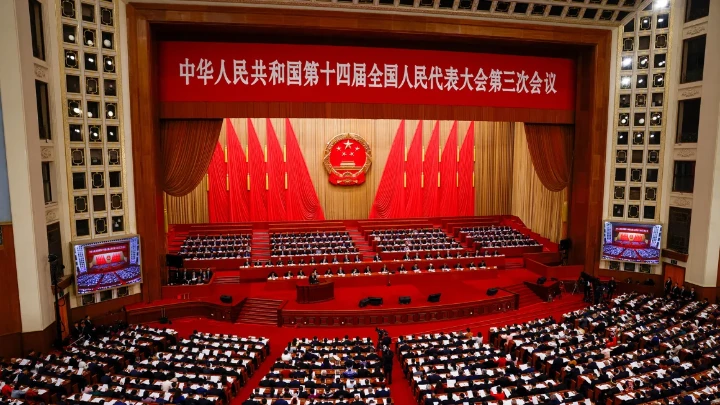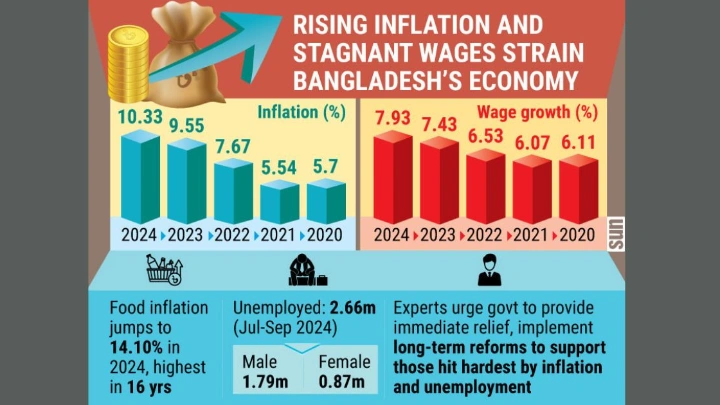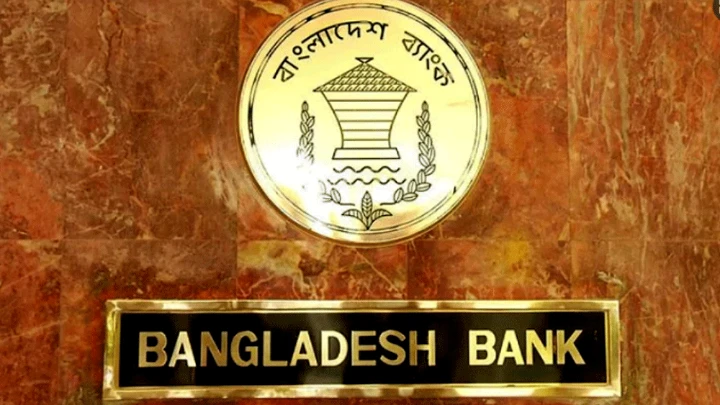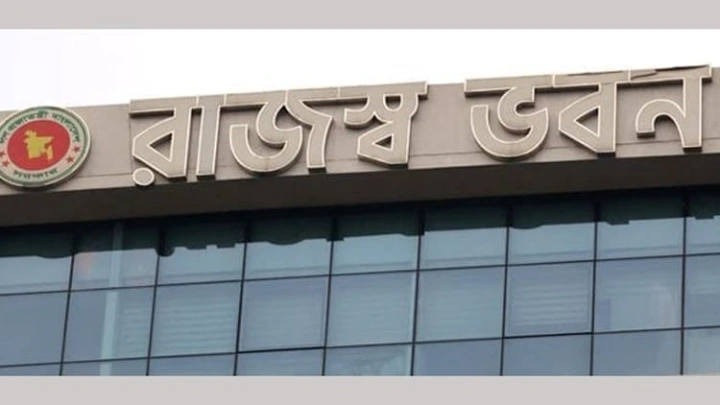Remittances reach $1.75 billion in last twenty-eight days
DailySun || Shining BD
An encouraging development for the economy amid the ongoing dollar crisis was the nearly $1.75 billion in remittances sent home by Bangladeshis during the first 28 days of July.
In the first month of FY24, Bangladeshis who were working or living abroad sent an average daily remittance of $62.5 million, according to the most recent central bank data released on Sunday.
Since the start of the Russia-Ukraine war, the nation has struggled with a severe dollar shortage, which has caused high import costs and a rapid depletion of foreign exchange reserves.
Both exports and remittances, two pillars of the economy, are anticipated to be crucial in preserving these reserves.
Inward remittances decreased to $21.03 billion in the fiscal year 2021–2022 from a record $24.78 billion the year before. With a remittance inflow of $21.61 million during the recently ended 2022–23 fiscal year, the situation did, however, slightly improve. The near-monthly receipt of $2.20 billion in June was the largest in 35 months.
After the nearly $2.60 billion receipt in July 2020, June's remittance was the second-highest monthly receipt. With nearly $69.9 million in daily inflow, this strong foreign remittance inflow persisted into the first month of FY24, albeit slightly less than the $2.10 billion in July FY23.
According to Bangladesh Bank data, private banks moved more than $1.47 billion, while state-owned commercial banks made $218.6 million. Foreign commercial banks contributed $5.8 million, two specialized state banks contributed $54 million.
According to insiders in the banking industry, banks are increasing the dollar rate to persuade senders to use banking channels for their remittances. Banks are currently offering 108.5 Tk for every US dollar.
The central bank's actual foreign exchange reserves, as determined by the International Monetary Fund (IMF), currently total $23.30 billion, which is enough to cover import expenses for four months. To determine foreign currency reserves, one must follow the Balance of Payments and Investment Position Manual (BPM-6) of the International Monetary Fund.
Bangladesh deducted $6.37 billion from its own reserve calculation after the IMF's BPM-6 to comply with the terms of the $4.7 billion in loans the organization had approved for the nation. This money was used to create various funds or was invested elsewhere.
Shining BD























